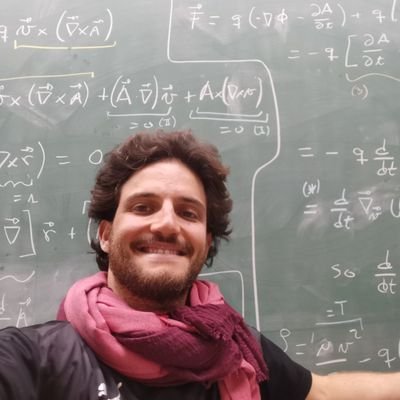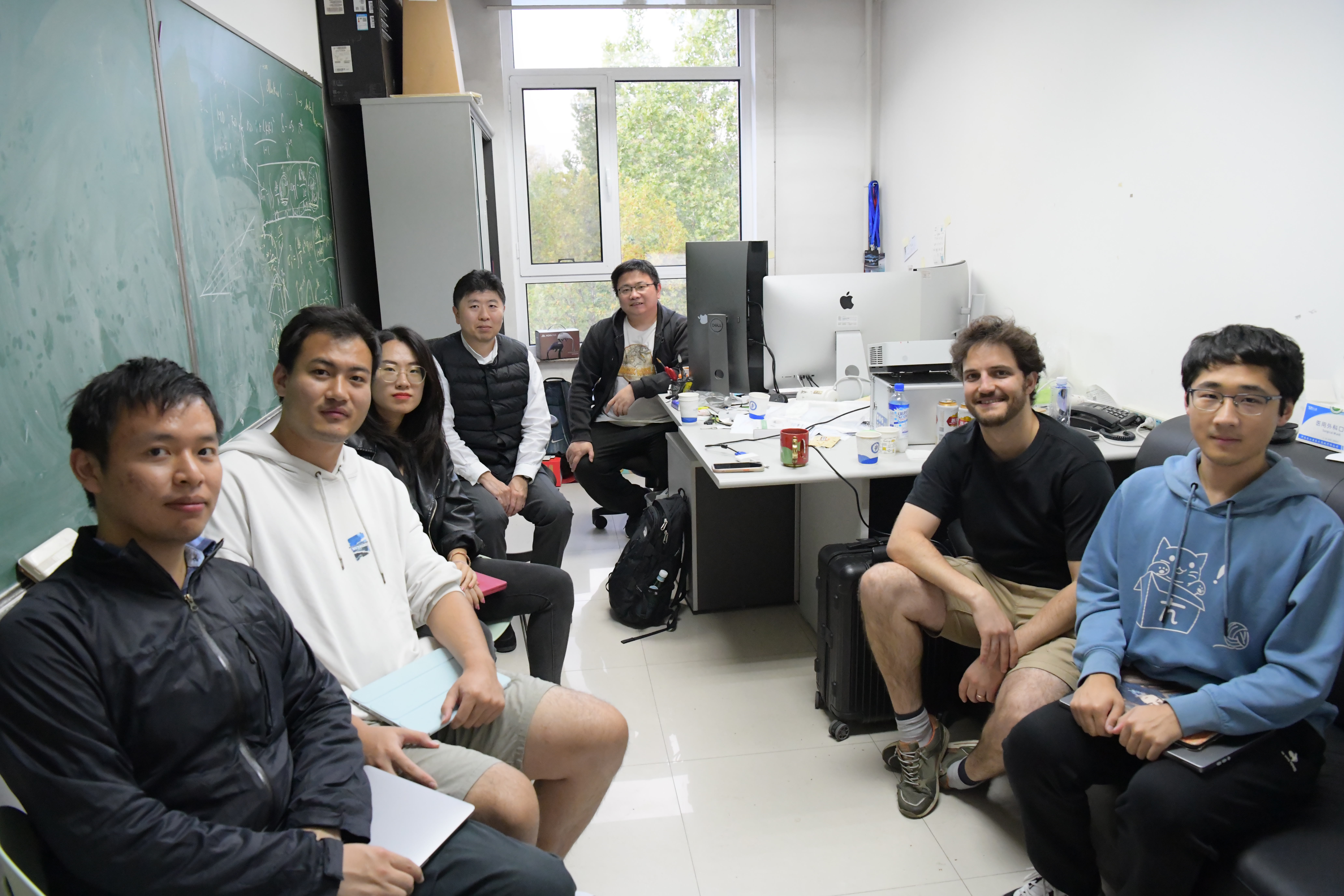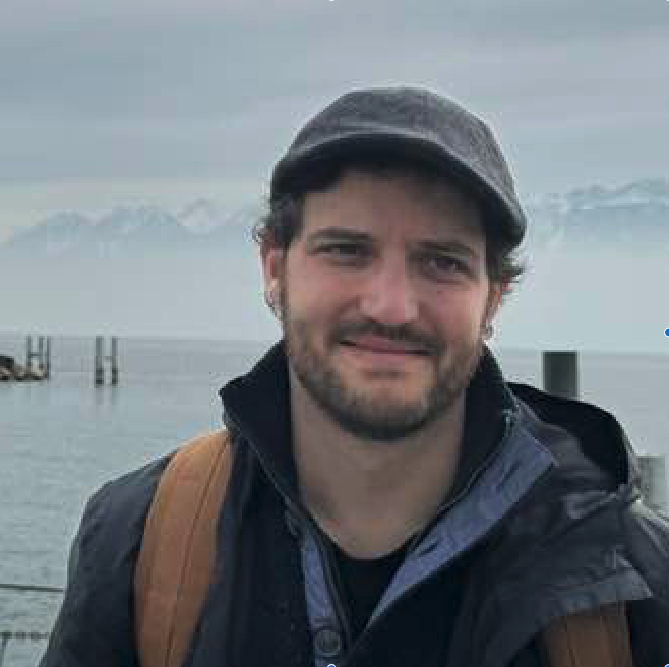Cristian Joana’s Homepage

Welcome to Cristian Joana’s homepage.
I am a theoretical and computational physicist specializing in early Universe cosmology. My research interests include inflation, primordial black holes, and gravitational waves from cosmological sources. I combine numerical relativity and analytical approaches to explore fundamental questions about the origin and evolution of the Universe.
I am currently transitioning to a postdoctoral position at ICTP-AP in Beijing. Previously, I was a postdoctoral fellow at the Institute of Theoretical Physics, Chinese Academy of Sciences (ITP-CAS). I have also been a visiting researcher at Institute of Science Tokyo in Ookayama/Tokyo and at the Universite Libre de Bruxelles (ULB) in Brussels.
I did my PhD at the Universite Catholique de Louvain (UCLouvain) and my thesis focused on numerical relativity approaches to the early Universe, where I investigated initial conditions for inflation and scenarios involving gravitational collapse, particularly for the formation of primordial black holes. You can check out my blog pages where I write summaries of some of my publications. From time to time I make video animations of my simulations, which can be found in youtube here.

November 2023, the cosmology group at ITP with our guest Prof. Teruaki Suyama (Science Tokyo).
Research Interests
Early Universe Phenomenology
I study the dynamics of the very early Universe, including models of cosmic inflation and reheating/preheating. My work aims to connect theoretical models with observable imprints, such as scalar and tensor perturbations, through both analytical tools and numerical simulations.
Formation of Compact Objects
I am particularly interested in the nonlinear dynamics that lead to the formation of exotic compact objects in the early Universe. This includes:
- Primordial black holes (PBHs)
- Oscillons and Q-balls
- Other nonperturbative phenomena arising in scalar field theories
These objects offer possible explanations for dark matter and probes into physics beyond the Standard Model.
Gravitational Waves from Cosmological Sources
I study gravitational wave (GW) backgrounds arising from early Universe phenomena, including:
- Second-order GWs induced by scalar perturbations
- GWs from first-order phase transitions
- Signals from oscillons and other nonperturbative structures
I am particularly interested in the potential detectability of these signals by current and future observatories such as LISA, ET, PTA, and advanced ground-based detectors.
Machine learning in Physics
Applications of Artificial Intelligence and Machine Learning methods alongside numerical simulations to study cosmological phenomena such as gravitational collapse thresholds and peak profiles generated during (stochastic) inflation.
Interdisciplinary Research
In addition to cosmology, I have worked on dynamical quantum systems, particularly exciton-polaritons in condensed matter settings. My contributions include theoretical modeling of coupled light-matter systems with nonlinear interactions. See our paper for more detailed information.
I have also explored systems neuroscience, focusing on how the brain processes visual information. My collaborators and I use advanced statistical and machine learning techniques to match visual stimuli with neural responses in macaques under free-viewing conditions. Our publications can be found here and here. This research aims to uncover how the brain constructs a coherent visual experience from dynamic environments. I am not currenlty engenge in this line of research, but I always find it extremely intersting.
Current Teaching
- Supervising, mentoring PhD and MSc students.
Past Teaching
- Quantum mechanics II (years 2019-2021)
- Introduction to Computational Neuroscience (year 2017)
- Theoretical Neuroscience (year 2017)
Collaborations
Collaborators
- Christophe Ringeval (UCLouvain-CURL)
- Sebastien Clesse (ULB/CURL)
- Jun Zhang (ICTP-AP)
- Shi Pi (ITP-CAS)
- Shao-Jiang Wang (ITP-CAS)
- Teruaki Suyama (Science Tokyo)
- Katy Clough (QMUL)
- Eugene Lim (KCL)
News and Updates
For more detailed updates, see BLOGS.
-
December 2025: New PRD paper on primordial black holes form primordial voids arXiv:2510.11611, check a summary here.
-
May 2025: New PRR paper on bubble-wall collisions with primordial black holes arXiv:2406.05838.
-
April 2025: New JCAP paper on PBHs and SIGWs, check a summary here
-
January 2025: Our new LISA review paper on PBHs is now published in Living Reviews arXiv:2310.19857
-
September 2024: New paper published in PRD on Initial conditions for Inflation. See post.
-
August 2024: My grant application for the NSFC grant (RFIS I) has been successful.
-
March 2024: The website has a new look!
